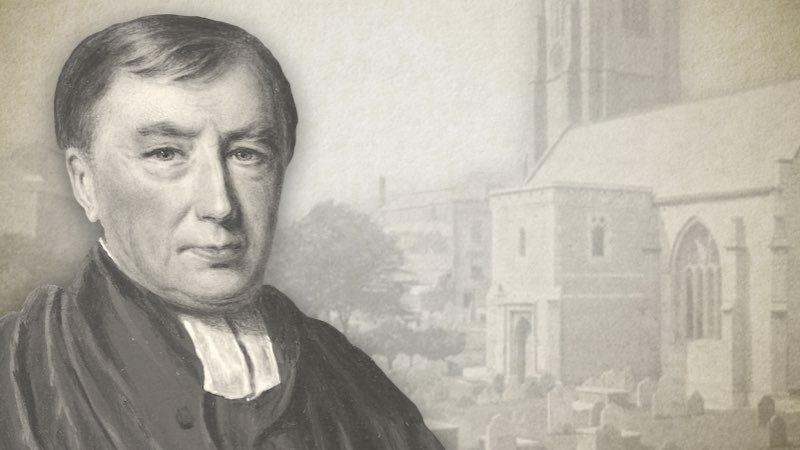
July 4—Morning Devotion
“I am among you as he that serveth.”—Luke 22:27
Surely there is a blessedness in these words that affords substance to feed upon. My soul, read them again and again; pause over them, pray over them, and look up to him that thus so humbly, graciously, and lovingly, expressed himself. Art thou, blessed Jesus, among thy people as he that serveth? I know, Lord, that thou didst condescend to become the servant of Jehovah, though thou weft Lord of all, when for the salvation of poor sinners thou didst undertake to veil thy Godhead, and in our nature to become our surety. And I know, Lord, also, that thou didst, in a very memorable moment, and at a time when as the evangelist had it to relate to the church, thou knewest that the Father had given all things into thine hands, thou didst condescend to wash thy disciples feet. But art thou still among thy people as one that serveth? Be astonished, O heavens, and wonder, O earth! All power is thine in heaven and in earth. And is Jesus among his people, among his redeemed ones, his exercised ones, as he that serveth? Pause again, my soul—meditate upon the blessed gracious words. Was there not a circumstance of trial, when Christ was upon earth, but what he felt in his human nature, when fulfilling all righteousness? Then will it follow, that there cannot be a circumstance of trial which his members now feel, but what he knows; nay, what he appoints. And if he appoints it, is he not looking on; nay, measuring out suited strength, suited grace, as the circumstances shall require? And if all this be in Jesus, now and every minute event both his ordering, supporting under, carrying through, crowning in all, is he not, though Lord of all, servant of all; and doth he not now say to every poor disciple in the present moment, as fully as he did to them in the garden with him, “I am among you as he that serveth?” My Lord and my God, would I cry out, under the same conscious shame of my dreadful unbelief, as Thomas did under his Yes, Lord, thou art still ministering, still serving! And though I lose sight of thee in a thousand and ten thousand instances, where nothing but thy imparted strength could carry me through; yet plain and most evident it is, that in all the blessings of thy finished redemption, thou thyself art giving out, and serving up, grace to thy people. Thou didst first purchase all blessings with thy blood; and now thou ever livest to see them administered by thy Spirit. Precious Jesus, thou art ever with me. By and by I shall be with thee, I shall see thee as thou art, and shall be satisfied when I awake with thy likeness.
Robert Hawker (1753-1827) was an Anglican (High-Calvinist) preacher who served as Vicar of Charles Church, Plymouth. John Hazelton wrote of him:
“The prominent features…in Robert Hawker's testimony…was the Person of Christ….Dr. Hawker delighted to speak of his Lord as "My most glorious Christ.” What anxious heart but finds at times in the perusal of the doctor's writings a measure of relief, a softening, and a mellowing? an almost imperceptible yet secret and constraining power in leading out of self and off from the misery and bondage of the flesh into a contemplation of the Person and preciousness of Christ as "the chiefest among ten thousand and the altogether lovely." Christ and Him crucified was emphatically the burden of his song and the keynote of his ministry. He preached his last sermon in Charles Church on March 18th, 1827, and on April 6th he died, after being six years curate and forty-three years vicar of the parish. On the last day of his life he repeated a part of Ephesians 1, from the 6th to the 12th verses, and as he proceeded he enlarged on the verses, but dwelt more fully on these words: "To the praise of His glory Who first trusted in Christ." He paused and asked, "Who first trusted in Christ?" And then made this answer: "It was God the Father Who first trusted in Christ."
Robert Hawker on the Biblical Covenants (Complete)
Robert Hawker's Poor Man's Morning Portions




